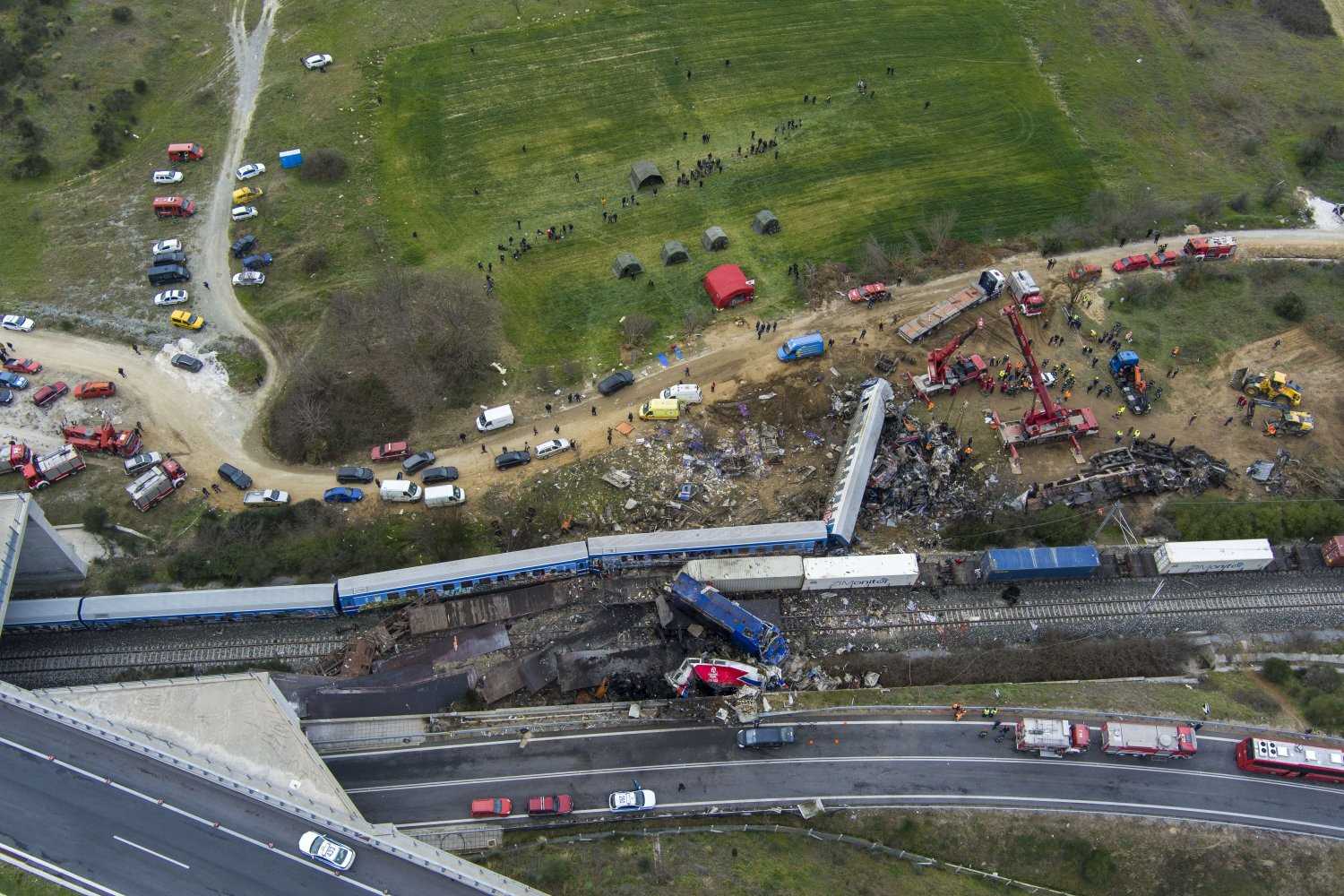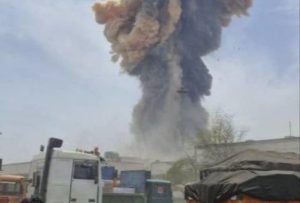A brewing and saddening feud between family members of victims of the deadly Tempi rail disaster emerged on the national limelight this week, following publicly aired disagreements over a concert organized by the head of one association representing victims.
A musical concert – with general entrance priced at 15 euros – is scheduled at the iconic Panathinaiko (Panathenian) stadium on Oct. 11, and organized by the group represented by Maria Karystianou, who lost her daughter in the Feb. 28, 2023, rail disaster. The latter has generated sharp objections by another group of family members of victims, especially by the Nikos Plakias – the father of two victims, his twin daughters.
Karystianou’s attorneys this week took the unusual step of sending Plakias an official out-of-court notification, essentially taking umbrage with his criticism of the concert, while the latter two days ago said many family members of victims were not against the musical event, per se, but against proceeds being collected from ticket sales. Karystianou has countered that collected proceeds will be used for future legal challenges, especially at the European level.
Another 26 families, according to media reports, are opposed to the concert.
A final “green light” for the concert was extended on Thursday evening by the culture ministry’s central council for contemporary monuments, after a previous approval by the Hellenic Olympic Committee (HOC), which has jurisdiction over the all-marble outdoor stadium – the venue where the first modern Olympic Games were held in 1896.
Shock and anger are still evident in the east Mediterranean country, as the rail accident claimed 57 lives, a large portion of whom were young college students returning to their studies in the northern city of Thessaloniki.
The primary cause of the crash, according to initial reports at the time, was a catastrophic error by a questionably trained station master – an employee of the state-run Hellenic Railways Organization (OSE) – to permanently switch a north-bound passenger train into the path of an on-coming south-bound freight train on the evening of Feb. 28, 2023. Both trains were operated by the private Hellenic Train company, a subsidiary of Italy’s FS.
Another factor was the alleged early departure, from their evening shift, of other more experienced traffic directors at the main Larissa station.
Adding to the catastrophic equation was a complete absence or non-functioning electronic and manual backup safety systems and protocols along numerous segments of the north-south rail network – which would have prevented the unprecedented rail tragedy — oversights blamed on successive governments and government-appointed managements of the state-run rail organization. A never fulfilled contract (717) to install such as system has launched an investigation at the EU level.
Relatives of the victims and the political opposition have also charged that the south-bound freight train was carrying an undeclared cargo of solvent used to adulterate fuels. The latter proposition stems from a fiery explosion seen from grainy footage seconds after the nighttime collision.
Another charge aired by relatives is the deliberate paving over of the ground on one side of the railroad track in order to allegedly cover up trace elements (evidence) of the burned solvent, as well as media reports of stitched together voice communications between the Larissa station and the two, now deceased, train engineers.
The rail disaster is still considered as a distinct and festering “thorn in the side” of the current center-right Mitsotakis government despite successive election victories, akin to the deadly (101 victims) Mati wildfire in July 2018, which essentially sealed the fate of the then faltering leftist-rightist Tsipras coalition government.



